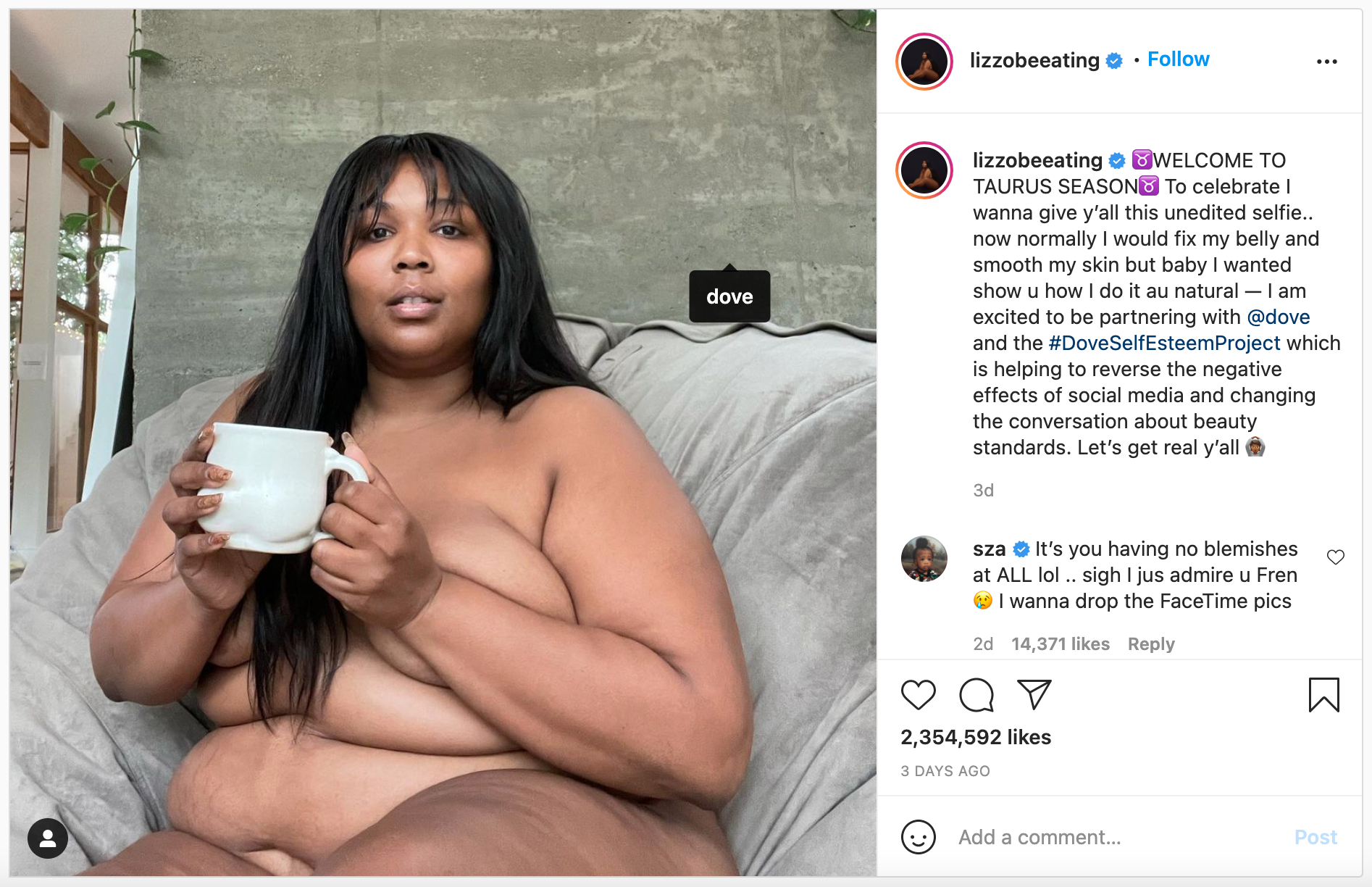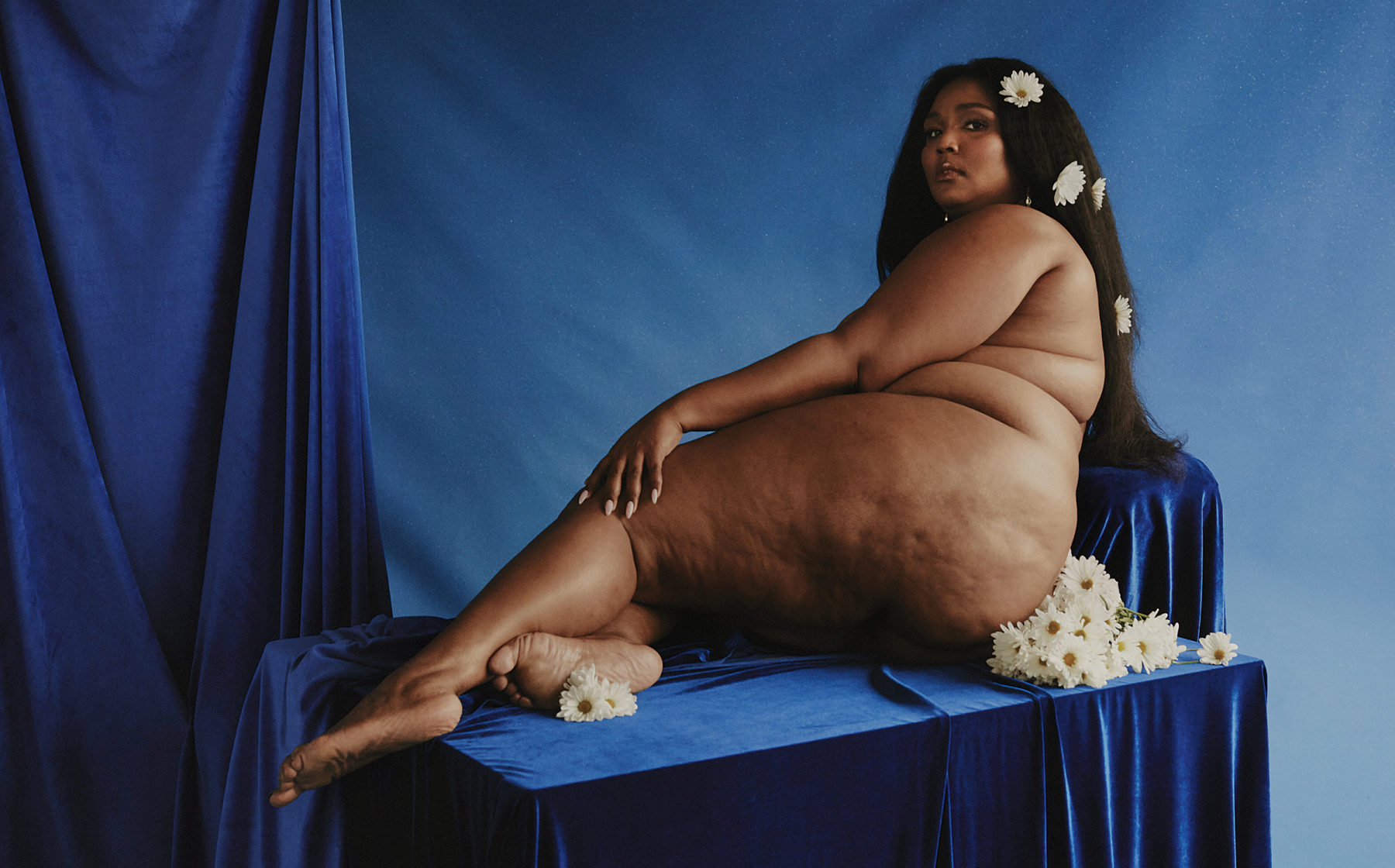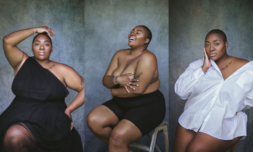The Grammy award-winning artist shared an un-retouched photograph on Instagram to spark conversations about the unrealistic beauty standards perpetuated by social media.
Social media is an incredible tool, but it’s also incredibly harmful.
The irresponsible promotion of unhealthy behaviours and obscurement of bodies that don’t match western-centric beauty standards on influential platforms has become a significant issue in recent years.
This isn’t to say we haven’t witnessed efforts to tackle this, however, just last month the UK’s Advertising Standards Authority ruled that influencers must disclose when using filters to promote products to protect the self-esteem of impressionable young people.
And, after all, Gen Z has grown up in an environment of acceptance, one centred on body positivity, a movement which unites those with bodies that fall outside the range of ‘socially acceptable’ and dismantles generation old structures constricting perceptions of beauty.
But this simply isn’t enough, and problematic narratives still prevail.

Fortunately, here to ensure we don’t lose hope in this fight against unrealistic beauty standards perpetuated by social media – particularly following a year of technology over-consumption that’s created a dangerous comparison culture – is Grammy award-winning artist, Lizzo.
Wise to the notion that there’s no shame in embracing your truest self since day dot and a pioneer of body positivity, the Gen Z popstar is on a mission to spark conversations about ‘digital distortion’ and remind us that we are all beautiful without the filters.
How has she done so? By sharing a completely unedited photograph of herself on Instagram, captioned: ‘normally I would fix my belly and smooth my skin but baby I wanted to show you how I do it au natural.’
And, in addition to championing self-love, the selfie was uploaded to announce Lizzo’s new partnership with Dove on the brand’s self-esteem project, which is striving to reverse the negative effects of social media.
In a recent study, Dove found that 80 per cent of girls had used a filter or photo-editing app to change their appearance by the time they turned 13.
Two thirds said if images on social media were more representative of how women look in everyday life, they would be less worried about the way they themselves look.
It also cites figures that show nine out of every 10 girls in the UK with low body esteem put their health at risk by skipping meals or not seeing a doctor when they need to.











/lizzo-42b9078236084a518f257da75842996e.jpg)









